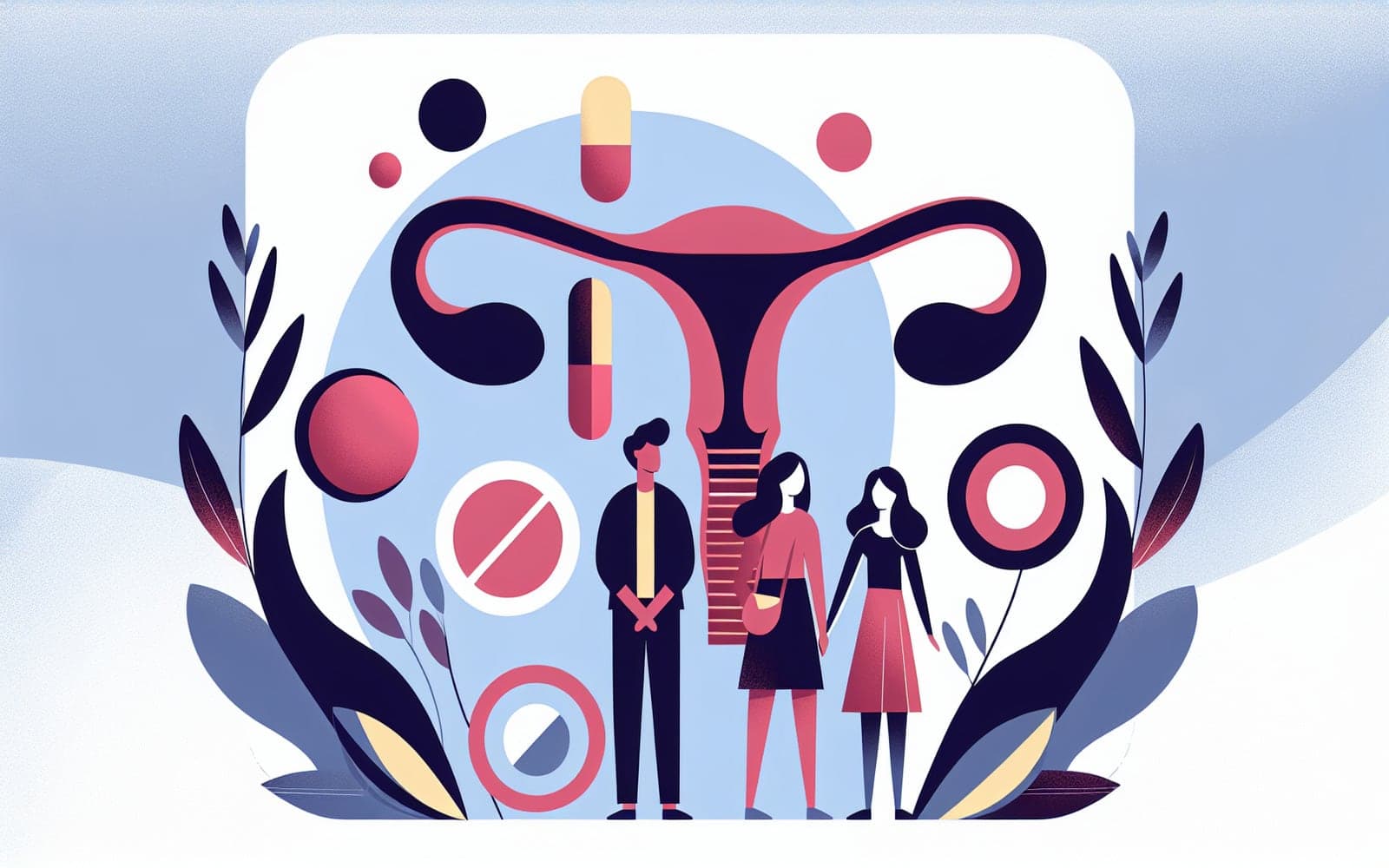Contents
-
Early Detection and Awareness
-
Addressing Lifestyle Factors
-
Genetic Counseling
Can We Prevent Primary Amenorrhea?
Can We Prevent Primary Amenorrhea?
Why It Matters
Understanding prevention methods for primary amenorrhea can help mitigate its impact. Let's explore potential strategies to address this condition early.
Contents
-
Early Detection and Awareness
-
Addressing Lifestyle Factors
-
Genetic Counseling
Early Detection and Awareness
Awareness of primary amenorrhea symptoms can aid early detection. Parents and caregivers should monitor the growth and development of young girls closely, noting any lack of menstruation by age 15 or absence of secondary sexual characteristics by age 13.
Addressing Lifestyle Factors
Lifestyle choices, such as maintaining a healthy diet and managing stress, can play a role in preventing functional hypothalamic amenorrhea. Encouraging balanced nutrition and moderate physical activity can support hormonal health.
Genetic Counseling
In cases where genetic factors are known, genetic counseling may be beneficial. Families with a history of conditions like Turner syndrome can seek guidance to understand potential risks and consider early interventions.
FAQs
What can prevent primary amenorrhea?
Early detection and healthy lifestyle choices are key.
Can stress lead to amenorrhea?
Yes, stress can disrupt hormones and cause amenorrhea.
Is genetic counseling helpful?
Yes, particularly for families with a history of genetic disorders.
Key Takeaways
Preventive measures for primary amenorrhea focus on early detection and lifestyle management.
Additional References
-
Saenger P. Turner's syndrome. N Engl J Med 1996; 335:1749.
-
Santoro N, Filicori M, Crowley WF Jr. Endocr Rev 1986; 7:11.
This article has been reviewed for accuracy by one of the licensed medical doctors working for Doctronic.












